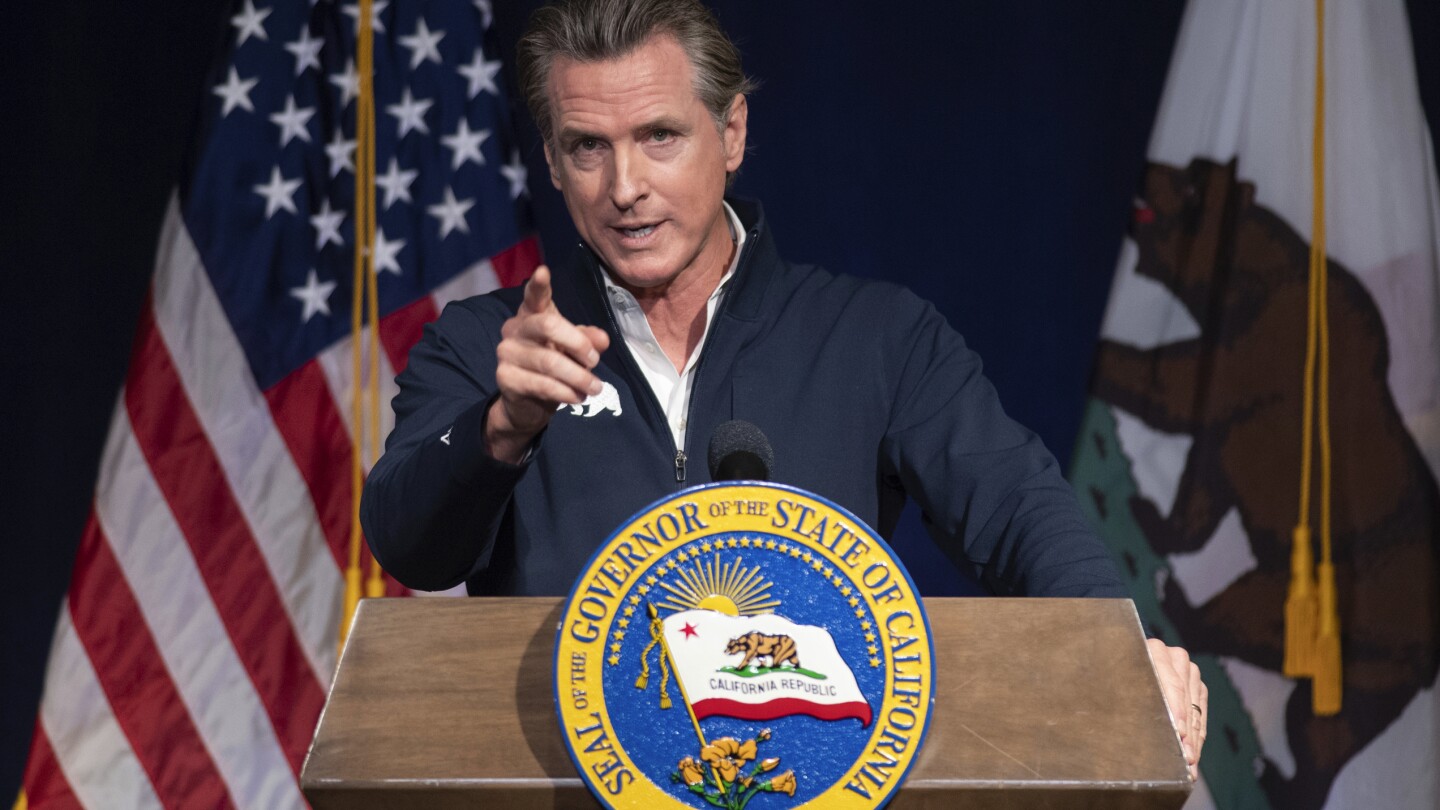Gov. Gavin Newsom vetoed a bill Saturday that would have made California the first U.S. state to outlaw caste-based discrimination.
Caste is a division of people related to birth or descent. Those at the lowest strata of the caste system, known as Dalits, have been pushing for legal protections in California and beyond. They say it is necessary to protect them from bias in housing, education and in the tech sector — where they hold key roles.
Earlier this year, Seattle became the first U.S. city to add caste to its anti-discrimination laws. On Sept. 28, Fresno became the second U.S. city and the first in California to prohibit discrimination based on caste by adding caste and indigeneity to its municipal code.
In his message Newsom called the bill “unnecessary,” explaining that California “already prohibits discrimination based on sex, race, color, religion, ancestry, national origin, disability, gender identity, sexual orientation, and other characteristics, and state law specifies that these civil rights protections shall be liberally construed.”



Caste doesn’t fall under any of these. Because people are clearly willing to hire Hindu people born in India of any gender. So you aren’t discriminating against race, national origins, religion, color, or gender. Since the USA doesn’t acknowledge caste it can’t differentiate between two people of different caste just because of their caste.
The only thing you mentioned that might apply is “Ancestry” but I can’t find a description of it since it isn’t listed under the protected classes list.
Discrimination isn’t inherently illegal. For example, you totally can discriminate against people under the age of 40. Which does happen. Many landlords won’t rent to people under 30 and that’s perfectly legal.
But as you pointed out USA doesn’t acknowledge caste, so specifying caste discrimination would be bad, so making sure it can be prosecuted under the “general” discrimination laws makes more sense, doesn’t it?
There are no “general” discrimination laws. There are only protected classes. As I said earlier you totally can discriminate against people as long as they don’t fall under a protected class. And caste isn’t covered by the existing protected classes. So even if you can prove discrimination based on caste is happening, it wouldn’t be illegal at a federal level.
Outlawing something doesn’t legitimate something. It just acknowledges that it is happening and requires action. And caste based discrimination is happening. Currently it’s just legal.
No offense but I kinda feel like you know what I meant when I said “general” discrimination laws, as in “existing discrimination laws”.
From some quick googling “The California law bars discrimination on the basis on ancestry. Dalit lawyers believe that caste discrimination is covered under it. Legal scholars have also argued that caste discrimination is cognizable as race discrimination, religious discrimination and national origin discrimination.”
Like I said originally, I don’t see why specifying caste would be an issue. This hasn’t been tested in court in CA yet but clearly we can see why the argument is being made that existing laws already cover it.
If caste is none of those things, explain what you think caste is then…
Because I want to see your attempt at saying something that doesn’t fit the other protections already
Caste is a social hierarchy mainly based on the job your ancestors had.
In India there are 5 major caste categories but in total there are around 25,000 sub castes. Only the “untouchables” might be protected as they are often of different religion or ethnicity.
But the other 4 major castes are of the same race, ethnicity, national origins, color, gender, and religion. There is a tendency of darker skin colors being more prominent in lower castes but it’s not a defining property of caste and you can find people of any complexion in each caste.
But maybe you can tell me which current protected class would differentiate between someone of the Kshatriyas and the the Vaishyas caste.
“job your ancestors had” sounds a lot like ancestry.
It does seem like it would fall under “no discrimination based on ancestry”, but I feel like a lawyer could argue otherwise.
I’m gonna have to stick with my original answer then
You think “caste” is a real measurable thing and want us to pass laws that also act like it’s a real difference…